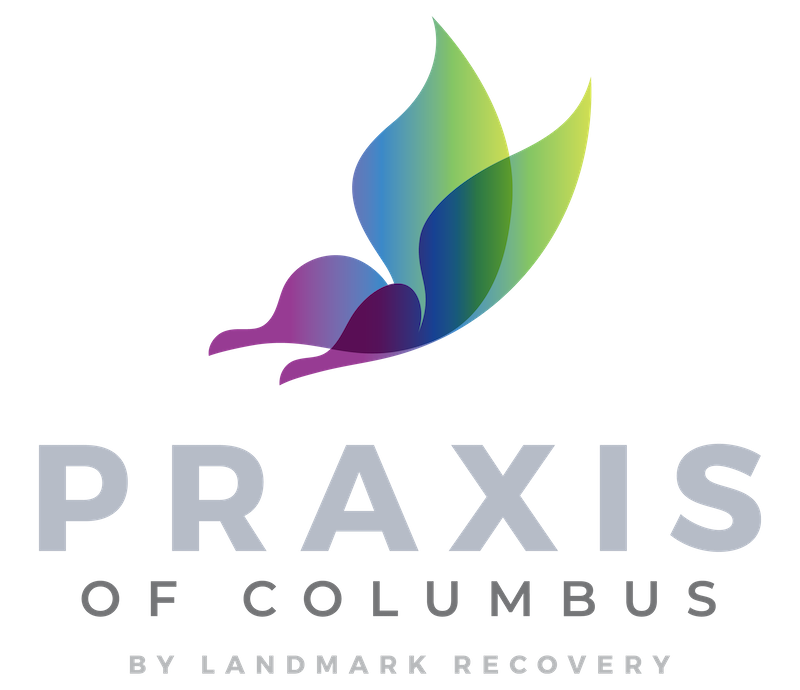Dual Diagnosis Drug and Alcohol Rehab in Columbus, OH
Understanding the Complex Nature of Dual Diagnosis
Dual diagnosis is a condition where an individual is grappling with both a substance use disorder and a mental health disorder simultaneously. Substance abuse can encompass alcohol, marijuana, opioids, hallucinogens, or prescription medications. Mental health disorders that frequently co-occur with substance abuse include depression, anxiety disorders, schizophrenia, and bipolar disorder.
Here are some real-life examples:
-
Alcohol Addiction and Depression
An individual with both alcohol addiction and depression may use alcohol as a coping mechanism for symptoms like sadness and hopelessness. However, alcohol exacerbates these symptoms over time and can result in relationship issues or legal problems, further intensifying depression.
-
Opioid Addiction and Anxiety
A person with an anxiety disorder might use opioids to relieve their symptoms, but this leads to a dangerous cycle of self-medication. Continuous opioid use can also heighten anxiety levels, particularly during withdrawal, and increases the risk of overdose.
-
Methamphetamine Addiction and Psychosis
Chronic use of methamphetamine can lead to psychosis, characterized by hallucinations, delusions, and paranoia. The co-occurrence of these conditions presents unique challenges for treatment, given the severe and complex symptoms involved.

Dual diagnosis addiction treatment at Praxis of Columbus by Landmark Recovery.
The Integrated Treatment Approach: Tailored to Individual Needs
The most effective method for treating dual diagnosis is an integrated treatment approach. This combines substance abuse treatment and mental health services to tackle both issues concurrently. Treatment may involve medications, one-on-one psychotherapy, group therapy, lifestyle modifications, and supportive services.
It’s essential to understand that integrated treatment is not a “one-size-fits-all” solution. Each individual’s treatment plan must be personalized, considering their specific disorders, symptom severity, personal circumstances, and treatment preferences. Group therapy, in particular, can be extremely beneficial, providing peer support and enabling individuals to develop healthy coping mechanisms.
Overcoming Barriers to Treatment
Barriers to dual diagnosis treatment can range from systemic issues like limited access to healthcare and stigma to individual challenges like denial or fear. However, recovery is both possible and expected with appropriate treatment. The integrated treatment model has shown positive outcomes in improving not only symptoms but also an individual’s overall quality of life.
Know the Terminology: Dual Diagnosis vs. Co-occurring Disorders
While these terms are often used interchangeably, it’s important to distinguish between them. Dual diagnosis is used in a broad sense to describe the simultaneous occurrence of mental health and substance use disorders. In contrast, “co-occurring disorders” is a term more specifically used within the addiction treatment field to emphasize the mutual influence between the conditions.
Your Journey to Recovery Starts Here
Dealing with dual diagnosis or co-occurring disorders is a complex challenge, but you don’t have to go it alone. At Praxis of Columbus by Landmark Recovery, we offer a holistic, integrated approach to treatment that is tailored to meet your unique needs. Our dedicated team of professionals uses modern therapeutic techniques and supportive services to guide you towards a brighter, healthier future. For 24/7 confidential support, call us today at 614-591-8822.
